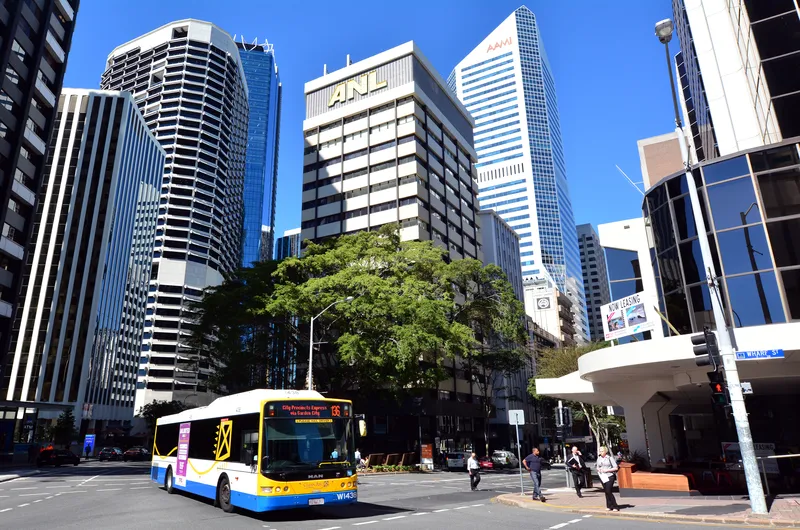The Australian Capital Territory (ACT) Government is to carry out a smart parking trial in part of Manuka starting in the first quarter of 2016. UK company Smart Parking will deliver the project using its SmartPark solution and construction is to begin in early November. A successful review of the pilot could then see further sensors installed across the rest of the city.
The initial year long contract will see Smart Parking deploy 460 in-ground sensors which use infrared technology to detect when a park
November 10, 2015
Read time: 2 mins
The Australian Capital Territory (ACT) Government is to carry out a smart parking trial in part of Manuka starting in the first quarter of 2016. UK company 8034 Smart Parking will deliver the project using its SmartPark solution and construction is to begin in early November. A successful review of the pilot could then see further sensors installed across the rest of the city.
The initial year long contract will see Smart Parking deploy 460 in-ground sensors which use infrared technology to detect when a parking space is occupied. The real-time data captured through the sensors is used to populate a smartphone application and intelligent traffic signs guiding drivers to available parking spaces.
Drivers can download the smartphone application via iPhone or Android device to view a real-time map of parking spaces near to their desired location. They are then guided to the nearest unoccupied bay. Once parked, the application can be configured to allow the motorist to pay for and top-up parking remotely.
Chief Minister, Andrew Barr said: “The smart parking trial is an example of the ACT Government’s commitment to better transport in Canberra. In the last several weeks we have welcomed ridesharing to the capital, an Australian first, and announced the creation of Transport Canberra, a single agency responsible for the integration of buses with the new light rail network. These initiatives, along with Manuka’s Smart Parking trial, will help manage Canberra’s growth, by reducing congestion, protecting our liveability and maintaining Canberra as the world’s most liveable city.”
The initial year long contract will see Smart Parking deploy 460 in-ground sensors which use infrared technology to detect when a parking space is occupied. The real-time data captured through the sensors is used to populate a smartphone application and intelligent traffic signs guiding drivers to available parking spaces.
Drivers can download the smartphone application via iPhone or Android device to view a real-time map of parking spaces near to their desired location. They are then guided to the nearest unoccupied bay. Once parked, the application can be configured to allow the motorist to pay for and top-up parking remotely.
Chief Minister, Andrew Barr said: “The smart parking trial is an example of the ACT Government’s commitment to better transport in Canberra. In the last several weeks we have welcomed ridesharing to the capital, an Australian first, and announced the creation of Transport Canberra, a single agency responsible for the integration of buses with the new light rail network. These initiatives, along with Manuka’s Smart Parking trial, will help manage Canberra’s growth, by reducing congestion, protecting our liveability and maintaining Canberra as the world’s most liveable city.”









